Source: Arctic News
Above images show that the Arctic is experiencing accelerating warming. This is causing jet stream changes, resulting in more extreme weather events. Besides creating havoc around the globe, such extreme weather events can further speed up warming of the Arctic Ocean and subsequent release of methane from its seafloor, as described in more detail in a recent post.

|
| 2014 SST anomaly near Svalbard (green circle) Aug 26: 7.3°C, Sep 26: 6.7°C, Oct 26: 5.9°C, Nov 26: 4.2°C, Dec 26: 3.7°C |
The danger is that ocean temperatures will continue to rise, especially in the North Atlantic, and that the Gulf Stream will keep carrying ever warmer water from the North Atlantic into the Arctic Ocean, where it will destabilize methane hydrates contained in sediments under the seafloor.
The combination image below shows the strength at which methane is erupting from the Arctic Ocean seafloor. On December 25, 2014, methane lights up the northern sky like a Christmas tree. The image shows levels at 6 km (19,820 ft) altitude, as recorded by, from top to bottom, MetOp-1 am (up to 2277 ppb), MetOp-1 pm (up to 2295 ppb) and MetOp-2 am (up to 2336 ppb).
MetOp-2 records for December 25, 2014, pm, are incorporated in the animation below, showing methane concentrations reaching levels of up to 2284 ppb at an altitude of 6 km (19,820 ft) and reaching even higher levels of up to 2329 ppb at an altitude of 9.3 km (30,570 ft).
The troposphere is deepest at tropical latitudes, where it reaches altitudes of up to 20 km (12 mi), and rather shallow at the polar regions, where it only reaches altitudes of some 7 km (4.3 mi) in winter. For high concentrations of methane to show up over the Arctic Ocean at such a high altitude is a further indication of the strength of these methane eruptions.
Furthermore, the methane that shows up in the atmosphere is only a fraction of the methane that is erupting from the seafloor, as part of the methane will be broken down by microbes as it rises up through the water and gets stuck under the sea ice.
Arctic Sea Ice

|
|
Sea ice only 1m thin at North Pole. Click on image to enlarge. |
The above Naval Research Laboratory animation shows that, while sea ice is now covering the entire Arctic ocean, it is in many places only about one meter thin or less. The December 20, 2014, image on the right shows 1m thin sea ice at the North Pole.
Meanwhile, huge chuncks of thick sea ice are moving along the edges of Greenland and Ellesmere Island into the Atlantic ocean.
An exponential trendline based on sea ice volume observations shows that sea ice looks set to disappear in 2019, while disappearance in 2015 is within the margins of a 5% confidence interval, reflecting natural variability.
In other words, extreme weather events could cause Arctic sea ice to collapse as early as 2015, with the resulting albedo changes further contributing to the acceleration of warming in the Arctic and causing further methane eruptions from the seafloor of the Arctic Ocean.
Demise of the sea ice and snow cover in the Arctic results in further acceleration of warming, not only due to less sunlight getting reflected back into space, but also due to loss of the buffer that currently absorbs huge amounts of heat as it melts in summer. With the demise of this latent heat buffer, more sunlight will instead go into heating up the water of the Arctic Ocean. For more on the latter, see the page on latent heat.
Above image illustrates some of the self-reinforcing feedback loops that have been highlighted in this post. Further feedbacks are pictured in the image below.
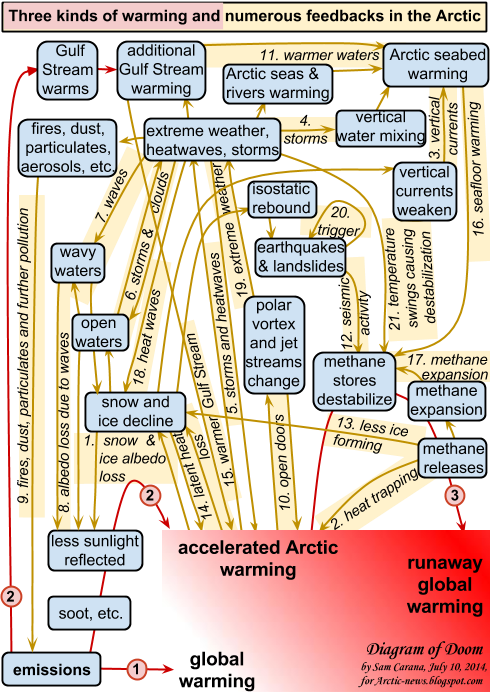
|
| from the Feedbacks page |
Situation Calls For Comprehensive And Effective Action





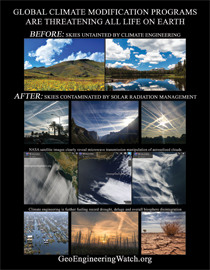






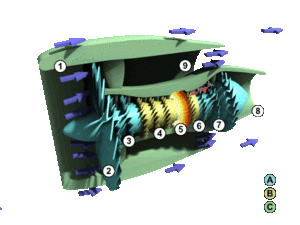
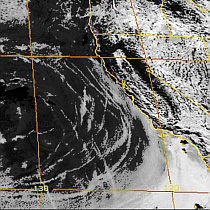




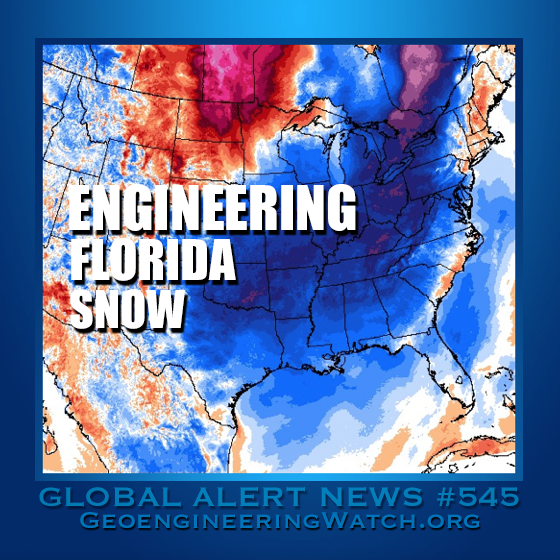
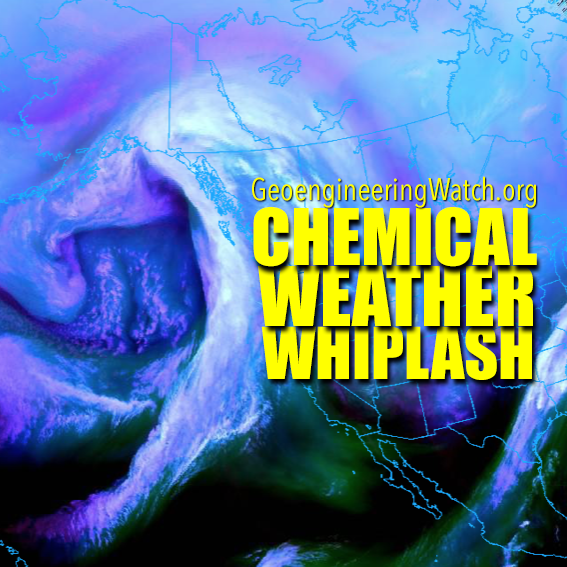
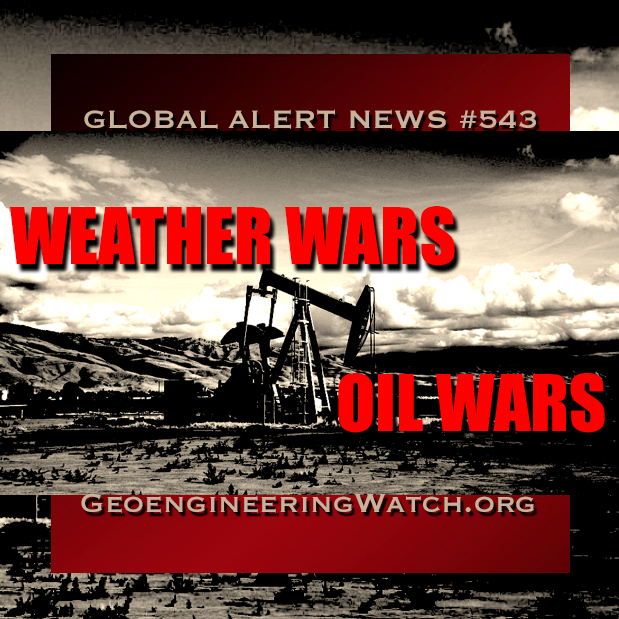
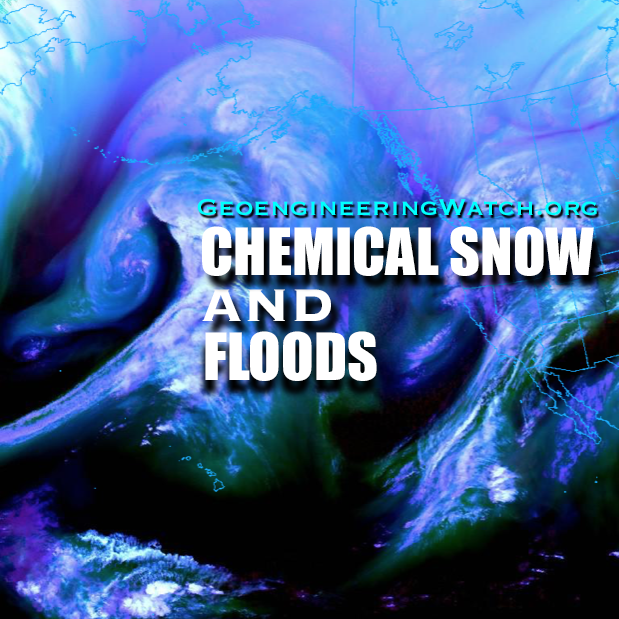

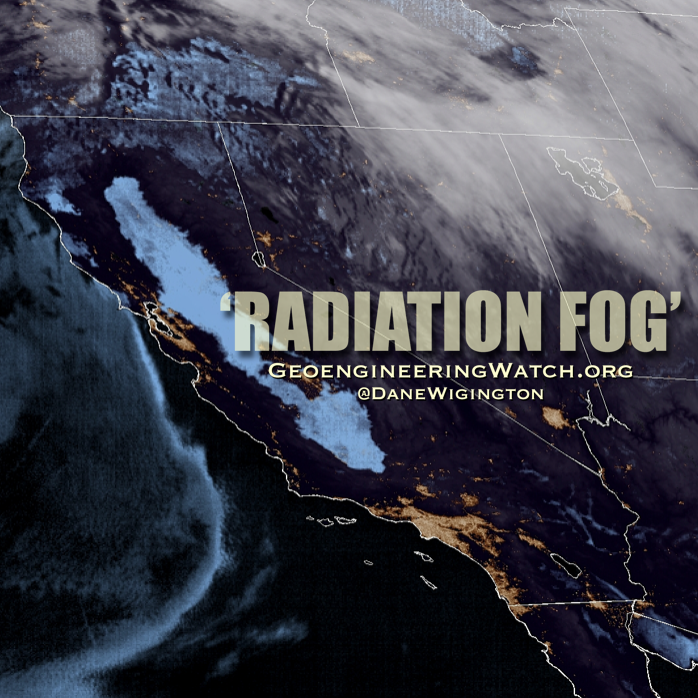
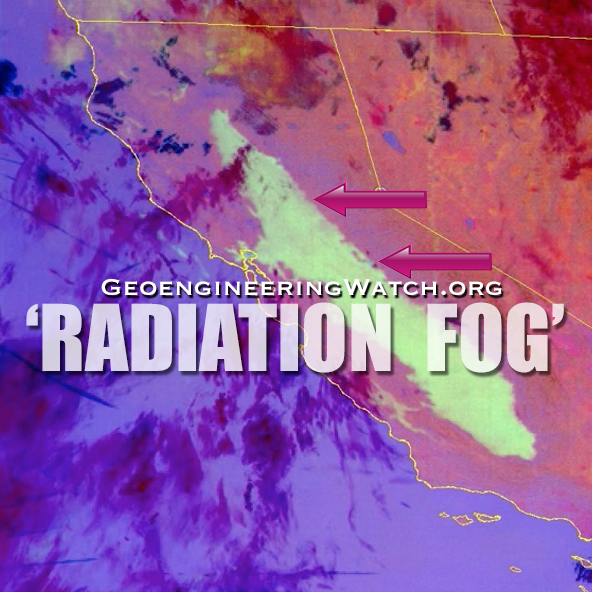
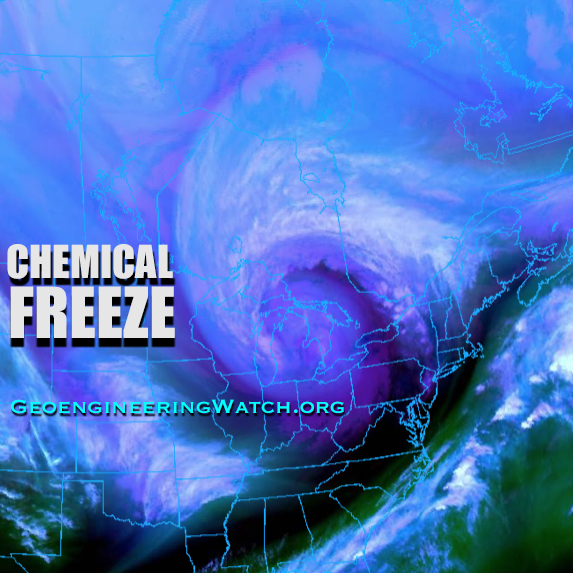

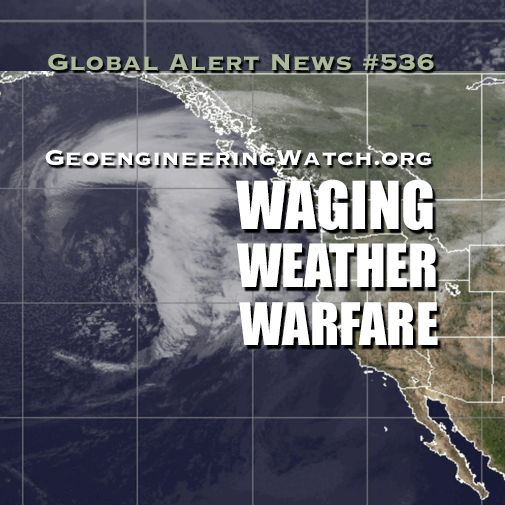

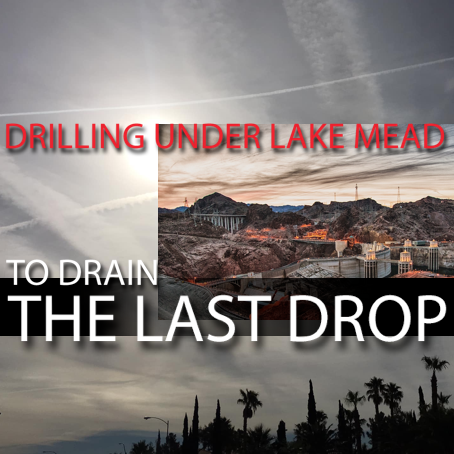







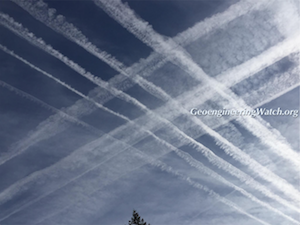
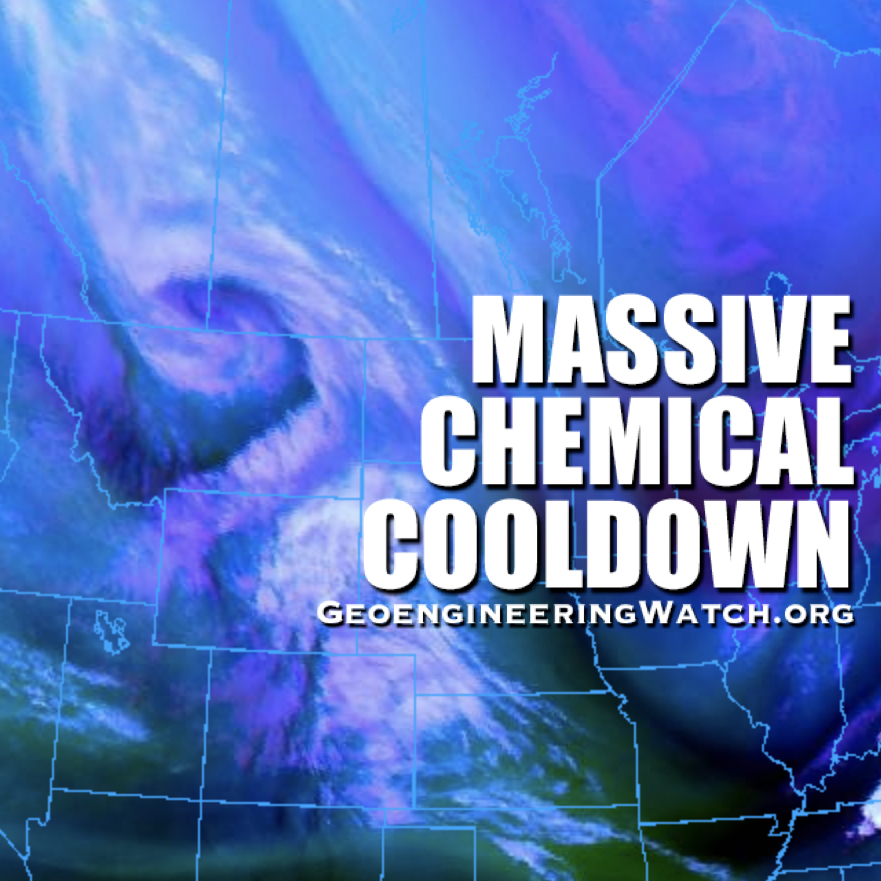
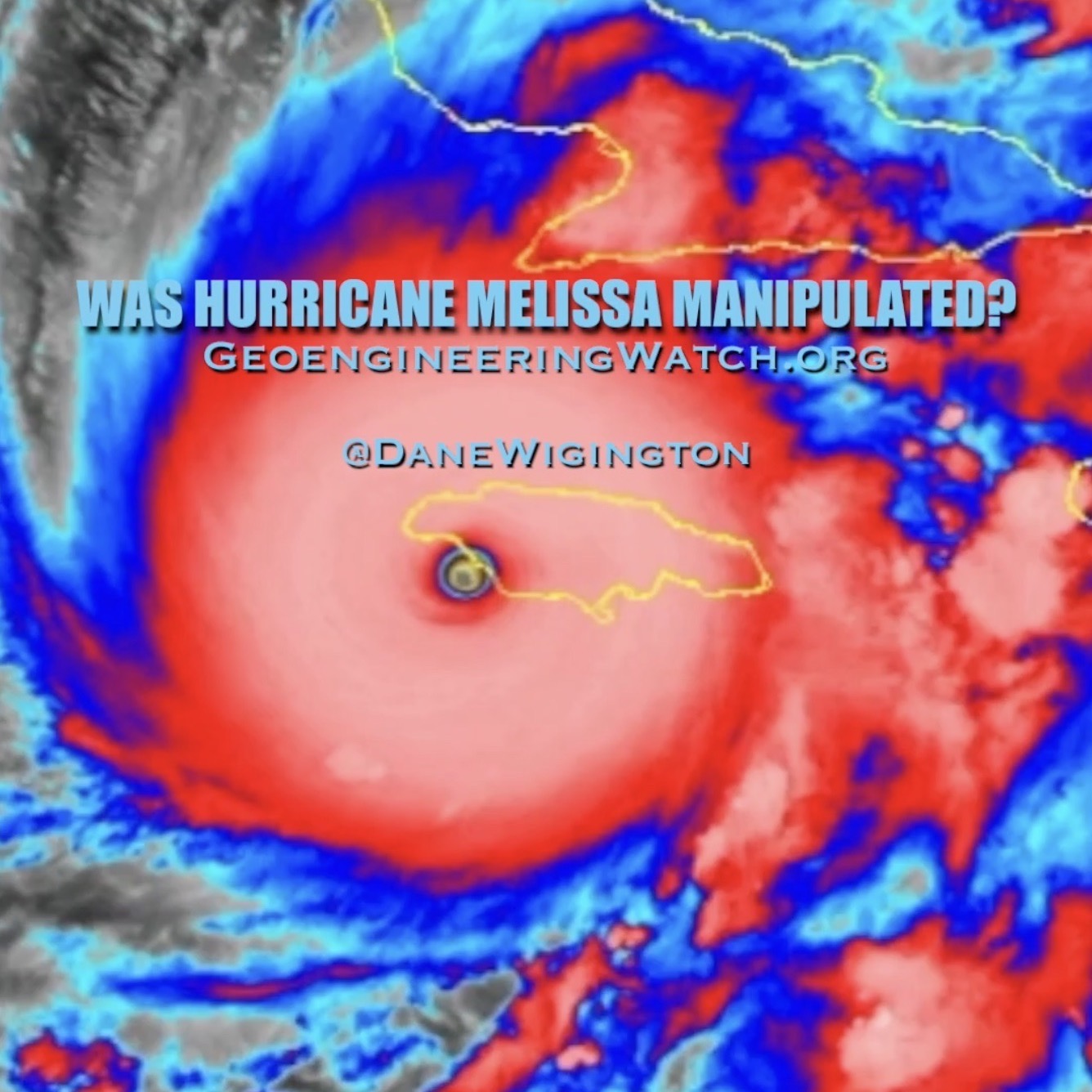
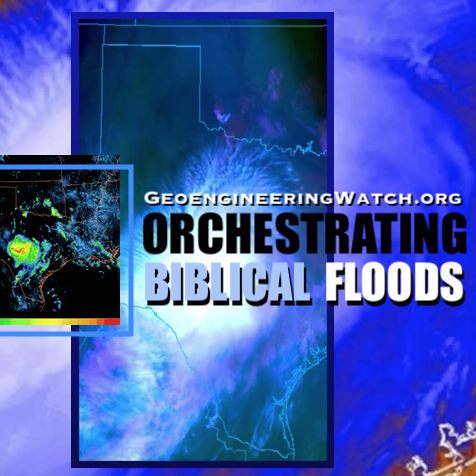
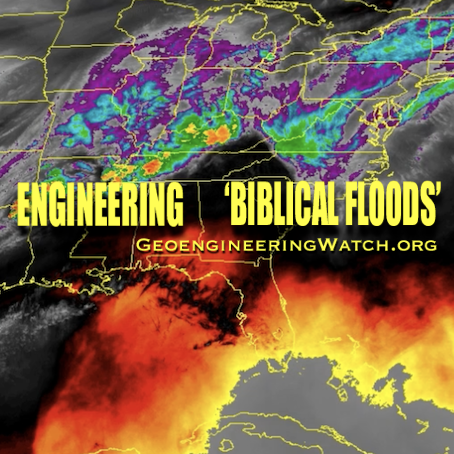
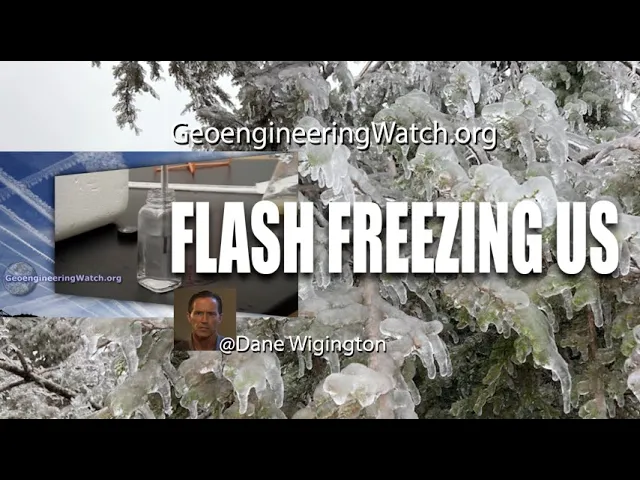
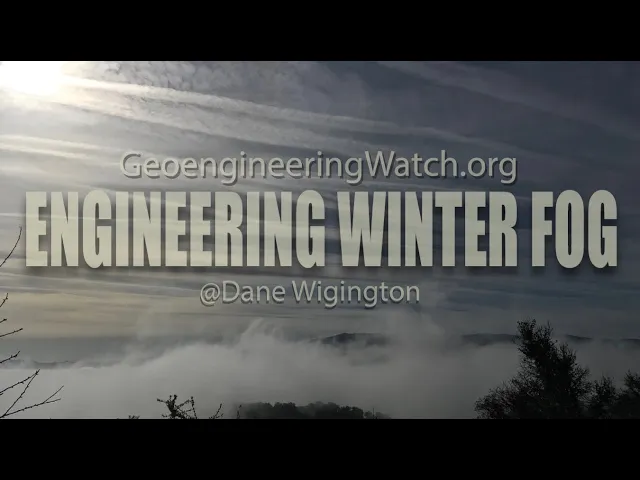
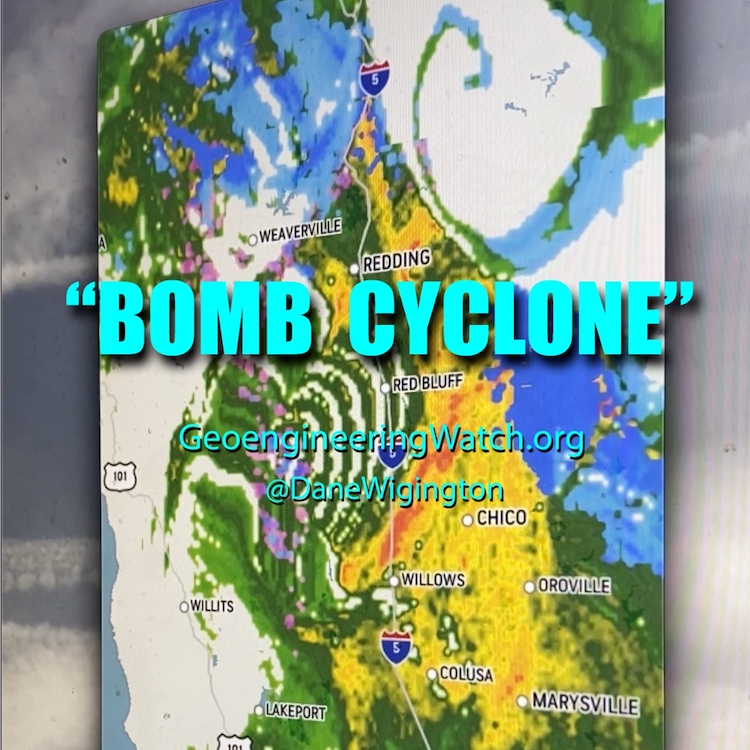
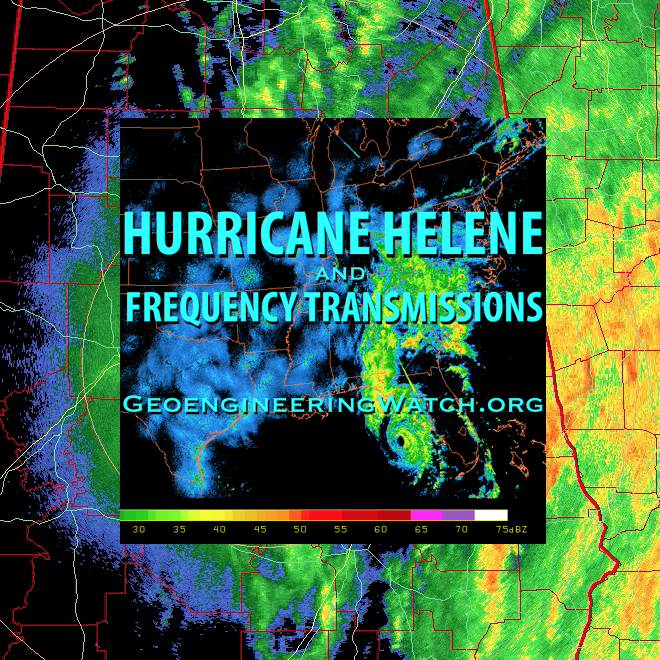
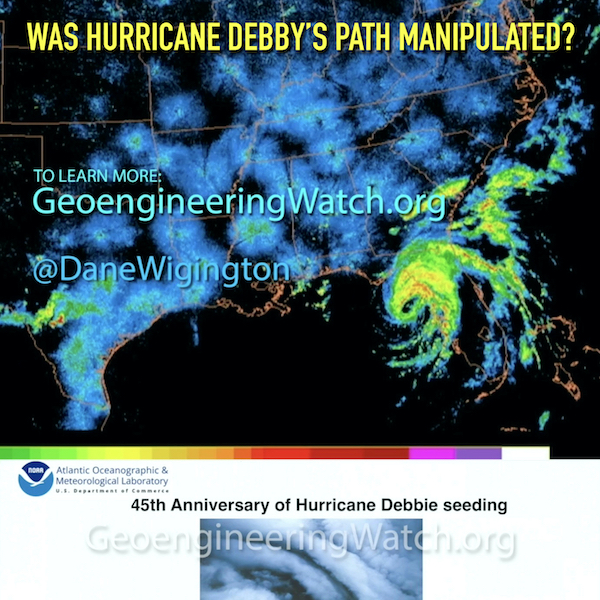


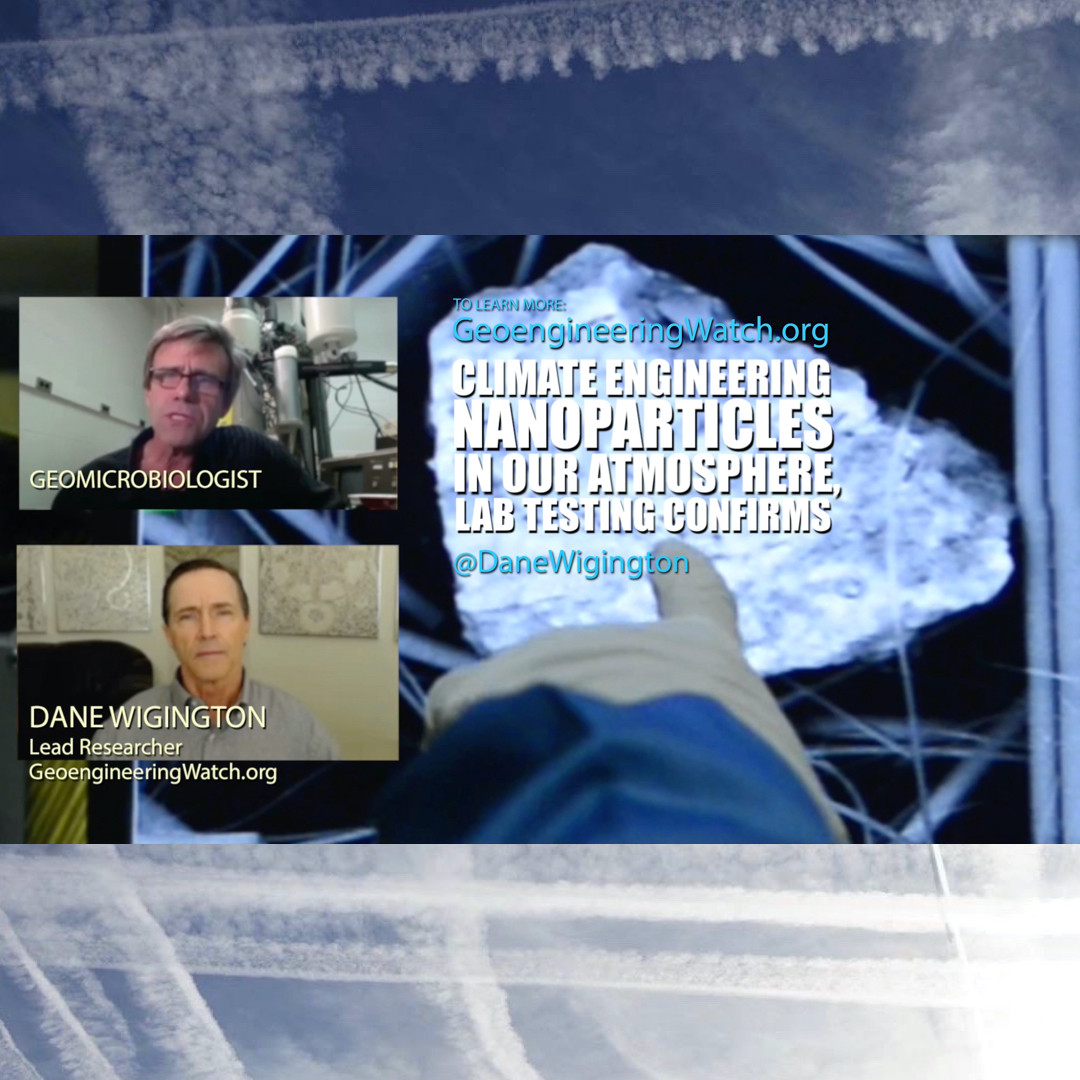








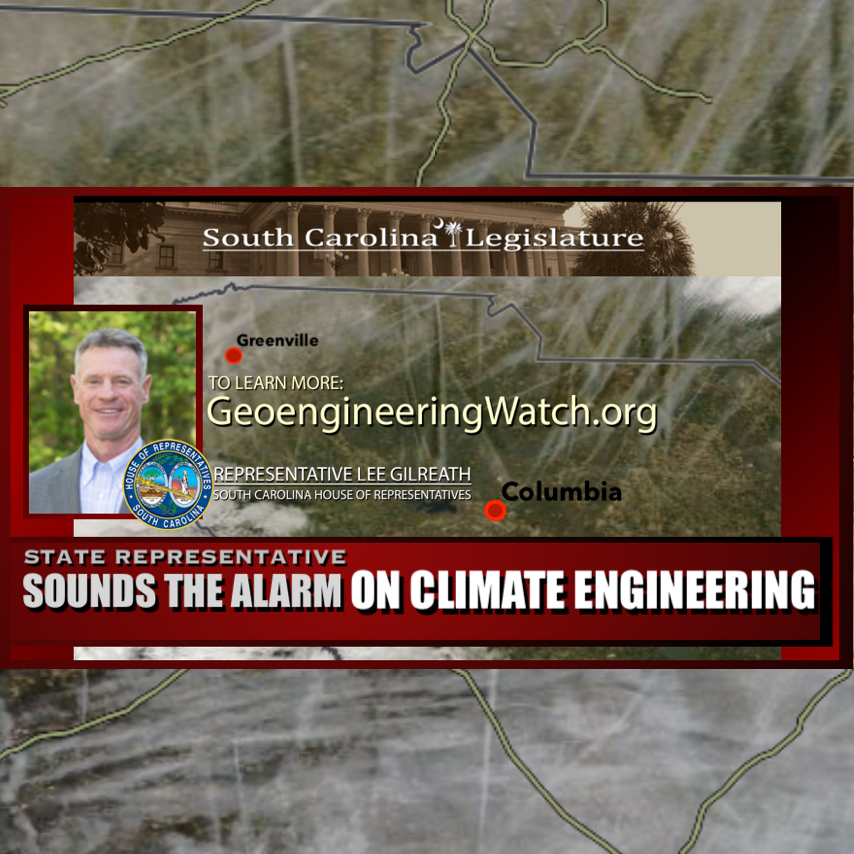
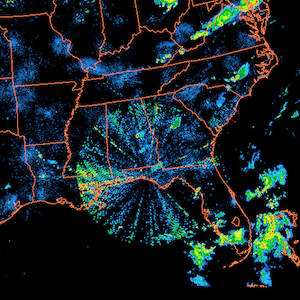




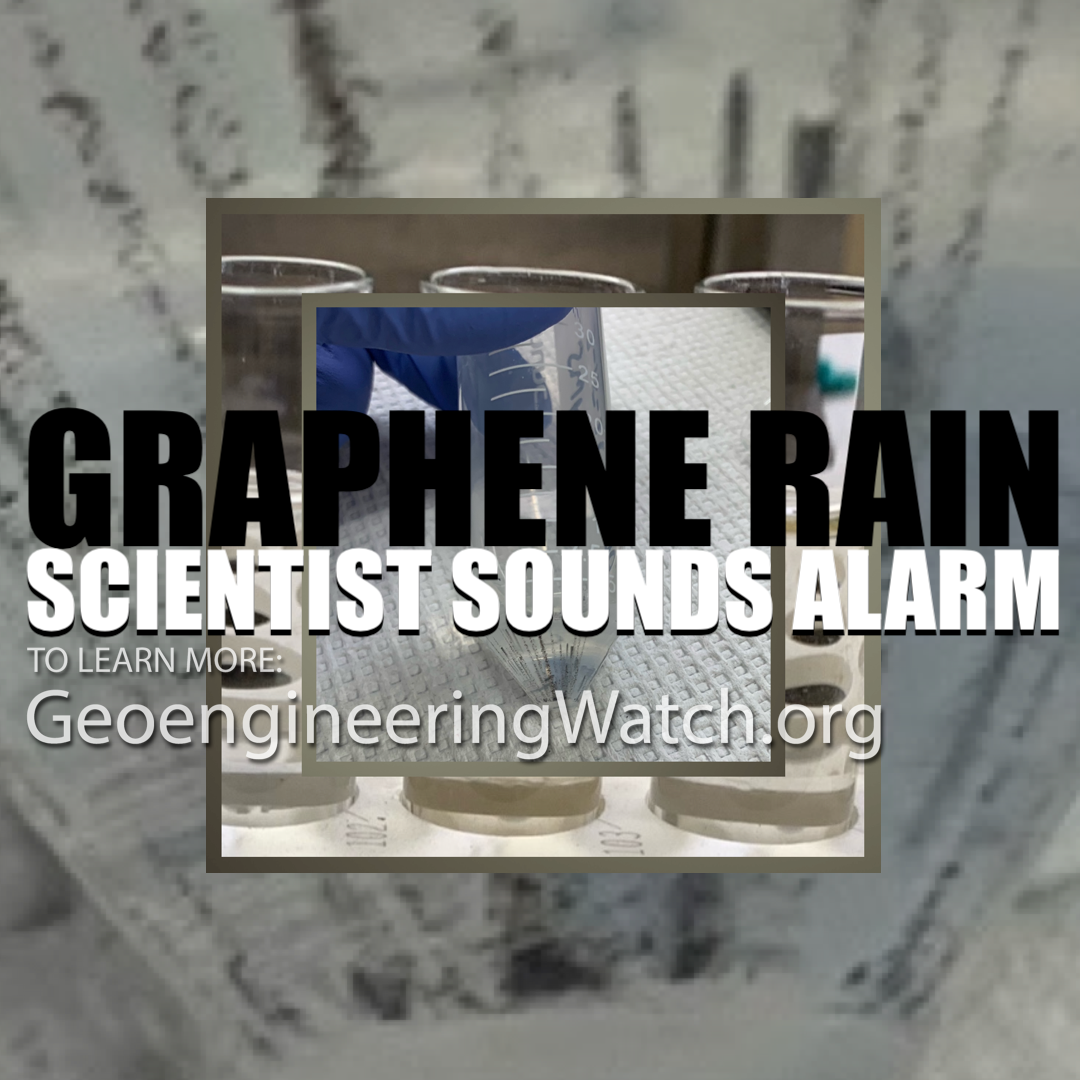







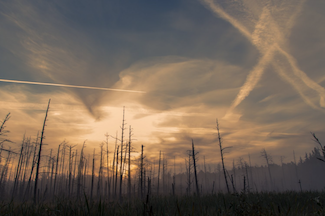




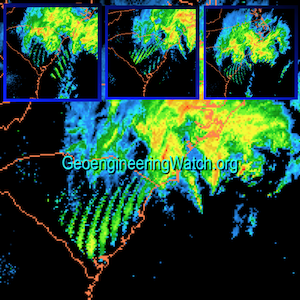











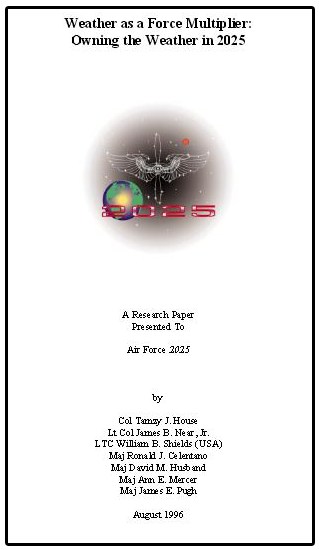
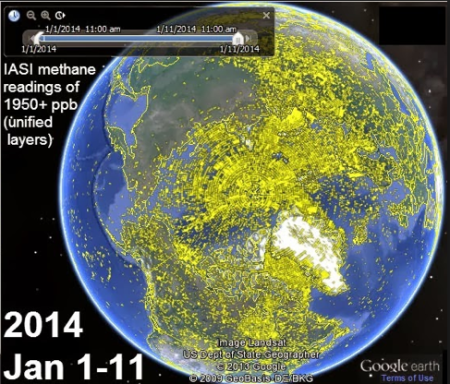









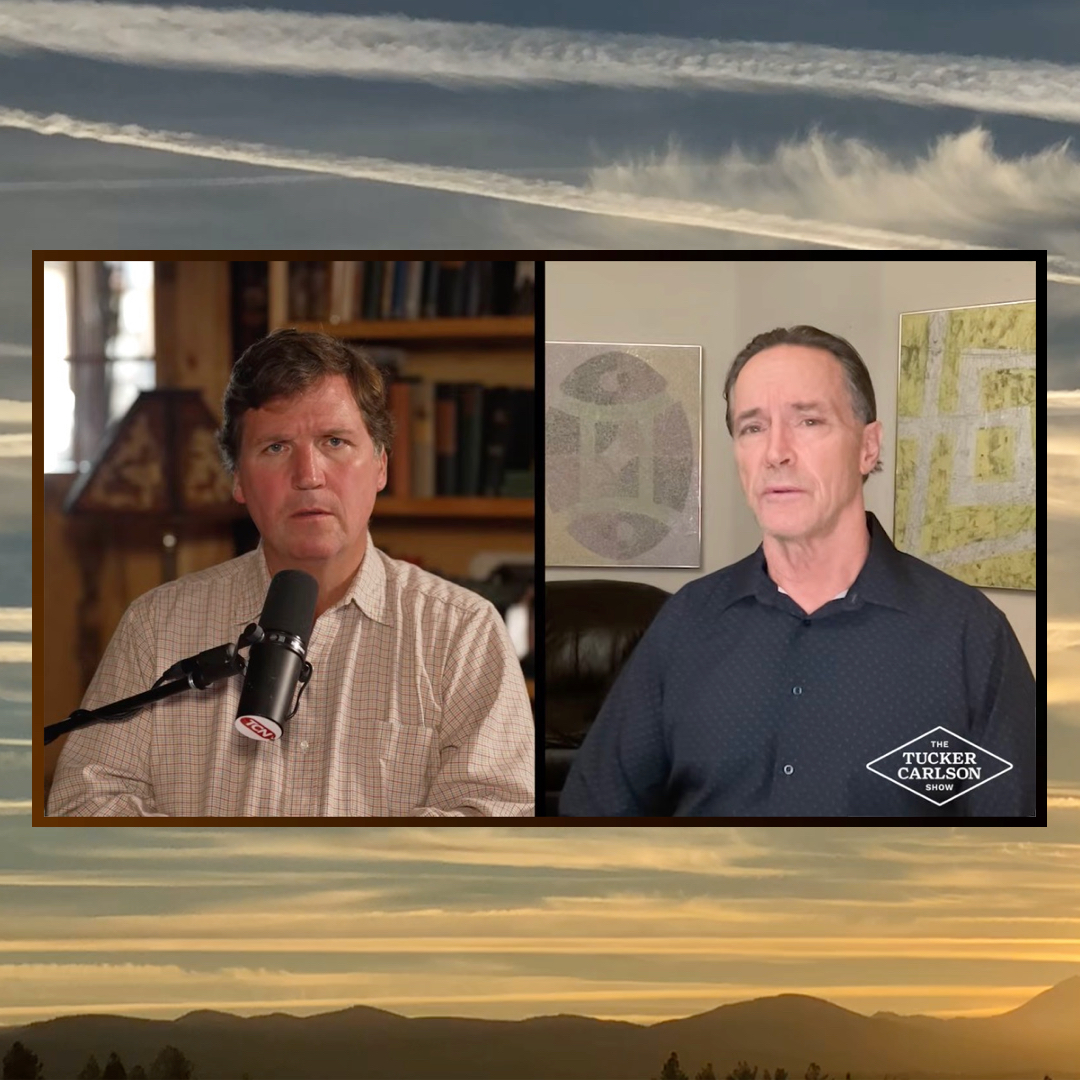

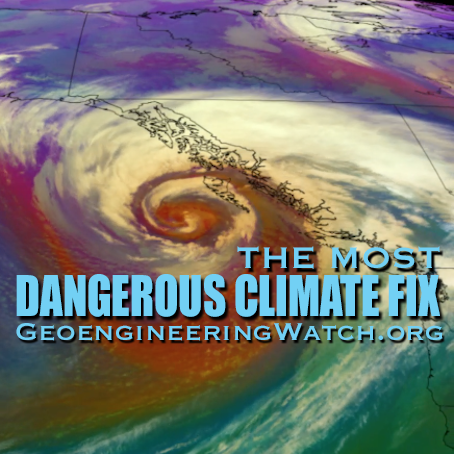
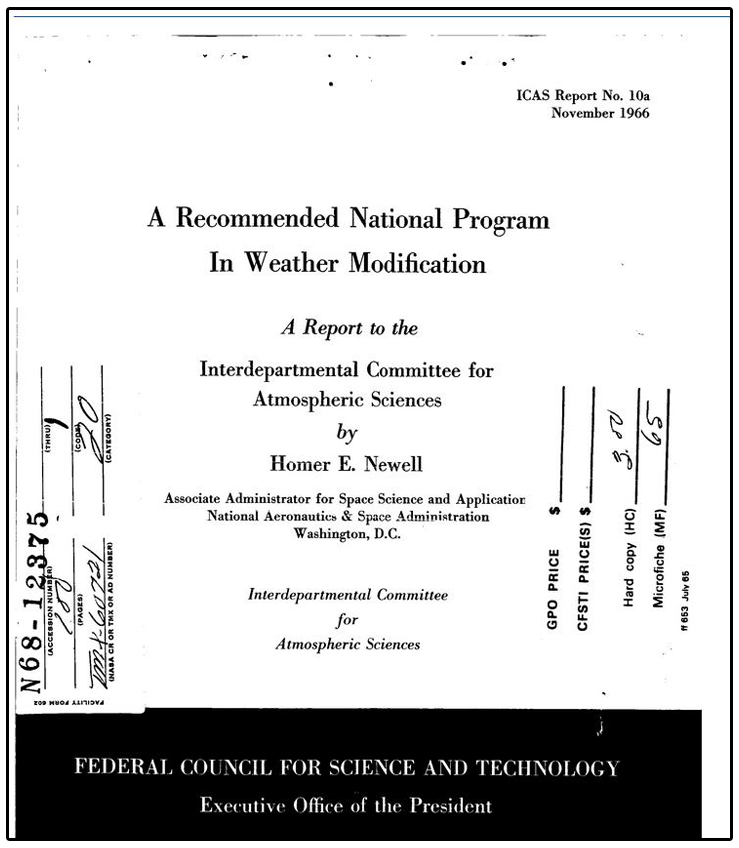

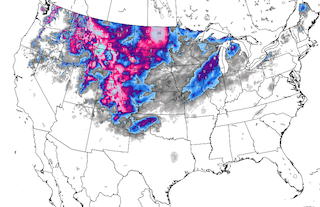


















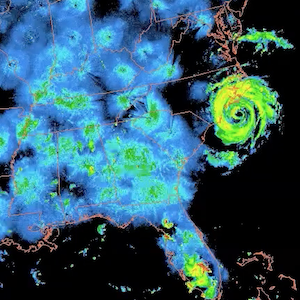



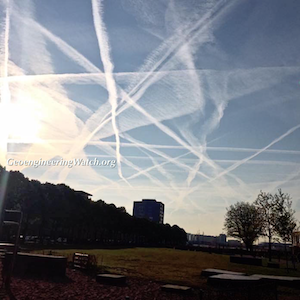









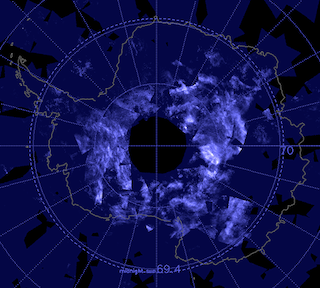









10 Responses
Would it be possible to somehow capture the methane in the Artic Ocean and use it as an energy source?
Hello Bonnie, it is technologically impossible to control or capture Ch4 that is expelling from such expansive areas of the sea bed.
Great article Dane, Sharing!
May be the selfish corporations, politicians and elites can stop blowing each other up, stealing everything, and act humane for once in their lives, knowing we may only have 10-20 years anyways! Karma follows you even into the tunnels!
Constant Walker is right.The feedback system for any psycho is to become cannibalistic.They even hate each other worse than they hate us, “normies”.They need to run to their D.U.M.B.’s and have to tolerate each other for a while. Forever comes to mind.
Dane, thank you for taking the time to write and demonstrate (with clear diagrams and links) the dire situation we are in. I hope people ‘save’ this so they can read it a few times, become familiar enough with it to share with others, and share the link with others for the same purpose. It can’t be said anymore clearly.
Having so effectively “managed” their way into this situation, it seems sensible to wonder just how the techno-scientific priesthood can sensibly expect to “manage” their way out of it. Could it be that their own tunnel-visioned obsession (with their own severely-limited range of responses to the condition our Condition is in) effectively traps them in yet another one of those same man-made “self-reinforcing feedback loops” they’re attempting to disrupt in the Arctic by deploying more of the same half-assed “management” conceits that got them into this “self”-inflicted dire predicament in the first place? Wouldn’t the secularly sainted Albert Einstein characterize that as the very epitome of “insanity”?
I clicked on the “Climate Plan blog” and see that the plan for correcting this disaster includes solar radiation management.
And thats the purpose for SRM so I have read.We are in trouble either way..
Excellent And Amazing article Dane!! Does Fukdushima play into this – it has to!! just an amazing article!! Thank You Dane!!